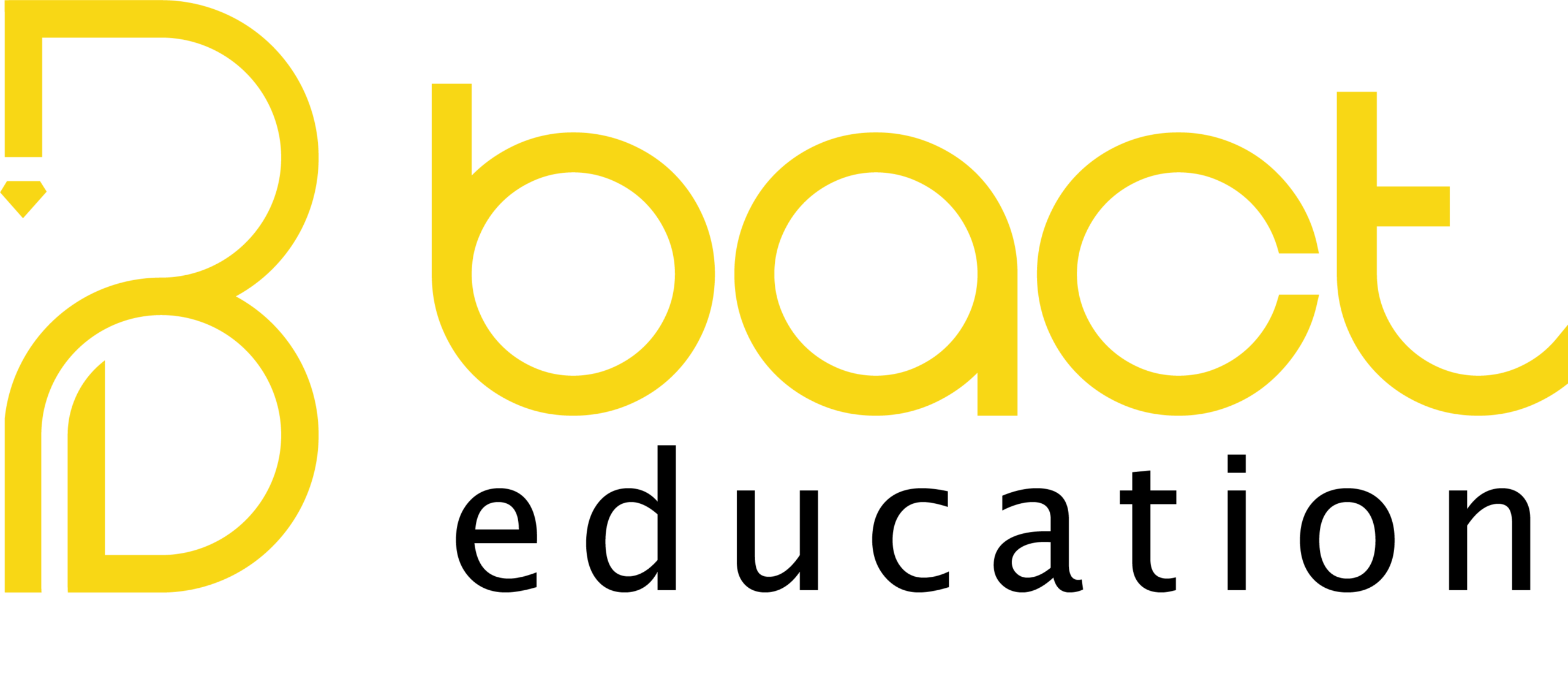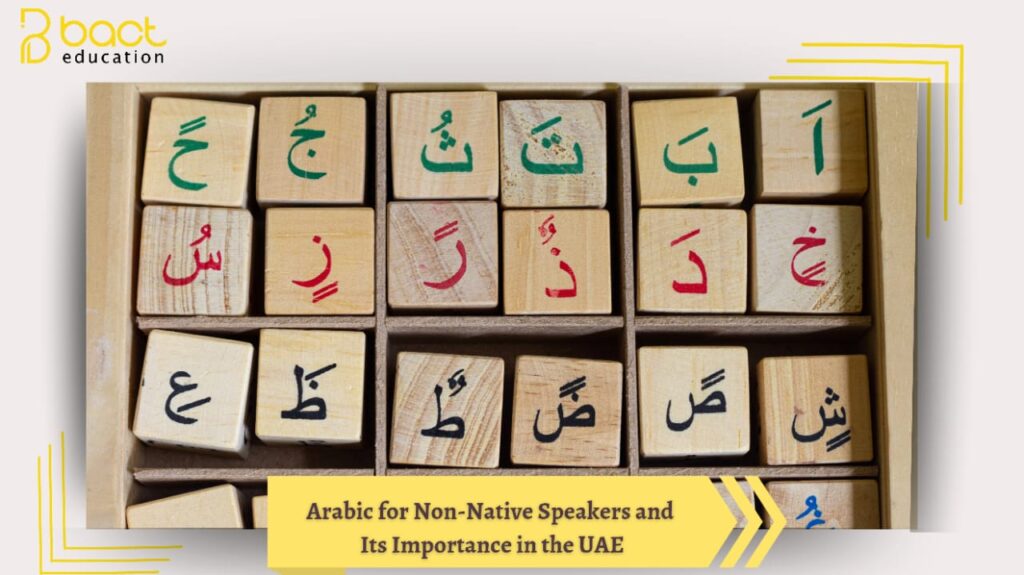## Introduction
Amid the unique cultural diversity of the United Arab Emirates (UAE), where over 200 nationalities coexist, the **Arabic language** stands out as an official language and a bridge for communication between different cultures. Learning Arabic for non-native speakers is not just a traditional educational process but a key to societal integration and understanding the cultural and heritage depth of the UAE. Through intensive educational programs and community initiatives, the UAE seeks to spread the Arabic language and enhance its status as a living language capable of keeping pace with modern requirements while maintaining its authenticity .
## Educational Programs for Arabic for Non-Native Speakers
Educational programs for Arabic for non-native speakers in the UAE are diverse, offered by **specialized educational institutions** such as the University of Sharjah and the Zayed House for Islamic Culture. These programs follow **international standards** such as the Common European Framework of Reference for Languages (CEFR) to ensure quality teaching and assessment. For example, in one year alone, more than 2,369 learners from 65 different nationalities benefited from the courses offered by the Zayed House for Islamic Culture, reflecting the high demand for these programs . Additionally, these centers offer customized courses for diplomats and employees in the public and private sectors, enhancing professional communication skills in Arabic .
## Cultural and Social Importance
The Arabic language represents a **vessel of Emirati and Arab heritage**, carrying within it the values of hospitality, poetry, and literature. Learning Arabic helps non-native speakers understand authentic Emirati culture and participate in social occasions such as Ramadan and National Day. Moreover, learning the language is seen as a sign of **respect** for the host culture, promoting social integration and achieving the UAE’s vision of building a cohesive and tolerant society . According to the experiences of some residents, learning Arabic opens new horizons for communication with the local community and leads to richer and deeper life experiences .
## Economic and Professional Importance
The Arabic language is a **key to economic opportunities** in the UAE, especially in sectors such as energy, finance, business, and tourism. Many companies and institutions prefer to hire people who are proficient in Arabic alongside English, giving them a **competitive advantage** in the job market. Additionally, learning Arabic contributes to attracting international investments and supports the UAE’s efforts in achieving economic diversification goals . For example, workers in diplomatic and media fields can greatly benefit from mastering Arabic in their professional interactions .
## Challenges and How to Overcome Them
Non-native speakers face **various challenges** in learning Arabic, including difficulty pronouncing guttural sounds such as “ع” and “غ”, differences between local dialects and Modern Standard Arabic, and complex grammar rules. To overcome these challenges, experts recommend using **modern teaching methods** that focus on practical conversation and cultural immersion. Technology, such as applications and educational platforms, can also be leveraged to make the learning process more interactive and accessible . Additionally, providing training courses for teachers specialized in teaching Arabic to non-native speakers helps improve the quality of education .
## The Role of Emirati Institutions in Promoting Arabic
**Educational and government institutions** in the UAE play a vital role in spreading the Arabic language. For example, the Arabic Language Center at the University of Sharjah offers comprehensive programs targeting students, employees, and diplomats. The Zayed House for Islamic Culture has also launched the “Arabic Language Club” to help learners practice the language in a natural environment. Moreover, organizations such as ICESCO (Islamic World Educational, Scientific and Cultural Organization) issue specialized studies to develop curricula for teaching Arabic to non-native speakers . These efforts reflect the UAE’s commitment to consolidating the status of Arabic both locally and globally.
## Conclusion
Learning Arabic for non-native speakers in the UAE represents an **investment in people** and building bridges of understanding between cultures. Through its various educational programs and community initiatives, the UAE seeks to enhance the status of Arabic as a means of communication and preserving heritage. Despite the challenges, the increasing demand for learning the language by residents of different nationalities underscores its importance in achieving social and economic integration. In the future, the UAE can continue to lead efforts to spread Arabic as a global living language through cooperation between educational institutions and the use of modern technology .

